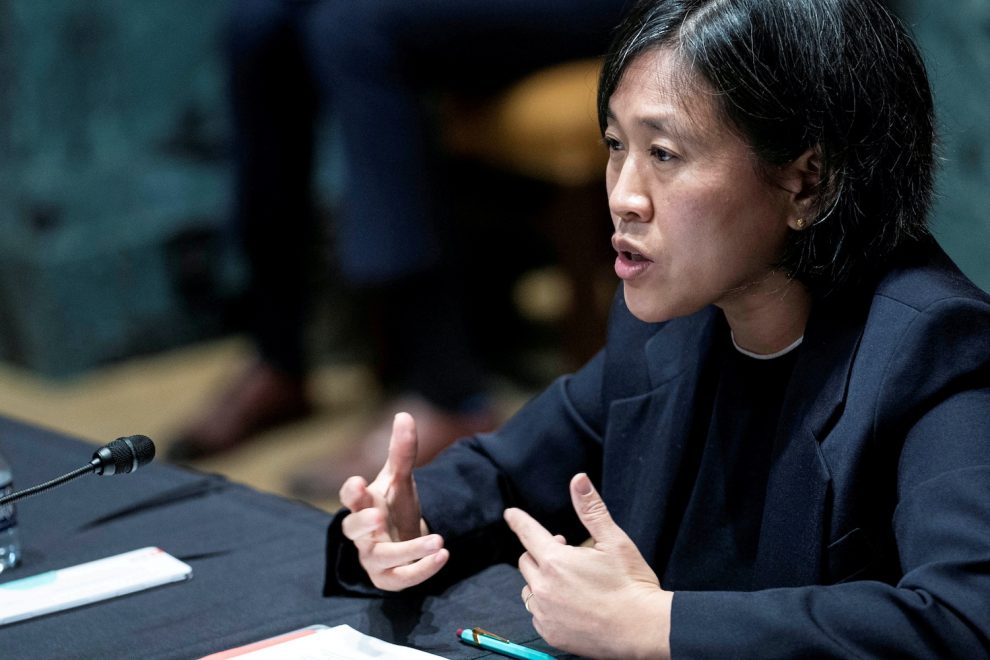Chinese e-commerce sites AliExpress and messaging app WeChat have been added to the US government’s list of “notorious” markets amid complaints that they trade in counterfeit goods.
The list highlights markets that Washington said “engage in, facilitate, turn a blind eye to, or benefit from, substantial piracy or counterfeiting”, the US Trade Representative’s (USTR) office, which publishes the annual list, said on Thursday.
The 2021 Notorious Markets List identifies 42 online markets and 35 physical markets around the world, including China-based online markets Baidu Wangpan, DHGate, Pinduoduo and Taobao.
China “continues to be the number one source of counterfeit products in the world”, USTR said.
Nine physical markets located within China that are known for the manufacture, distribution, and sale of counterfeit goods are also listed.
Those named include Asia-Pacific Xinyang Clothing & Gifts Plaza in Shanghai, the Luohu Market in Shenzhen near the Hong Kong boundary and the well-known fake footwear hub of Anfu Market in Putian, Fujian province.
Physical and online markets in Cambodia, India, Indonesia, Kyrgyzstan, Malaysia, the Philippines and Vietnam were also named as offenders in the Asia-Pacific region.
Annual List Since 2011
“The global trade in counterfeit and pirated goods undermines critical US innovation and creativity,” USTR Katherine Tai said in a statement.
Tai’s office said the objective is “to increase public awareness and help market operators and governments prioritise intellectual property enforcement efforts that protect American businesses and their workers”.
USTR first identified notorious markets in the Special 301 Report in 2006 and has published an annual list since February 2011.
“This illicit trade also increases the vulnerability of workers involved in the manufacturing of counterfeit goods to exploitative labour practices, and the counterfeit goods can pose significant risks to the health and safety of consumers and workers.”
The report noted that “counterfeit and pirated goods from China, together with goods trans-shipped from China to Hong Kong, accounted for 83% of the value… and 79% of the volume of counterfeit and pirated goods seized” by authorities in 2020.
While USTR said the platform shares some tools with Alibaba, which has some of the “best anti-counterfeiting processes” in the online sales world, there was been a “significant increase” in fake goods sold on AliExpress, as well as the number of sellers.
Alibaba also owns Taobao, one of China’s largest e-commerce platforms, which has been on the notorious list since 2016, despite efforts to improve anti-counterfeiting tools, the report said.
- George Russell
READ MORE:
Companies need to talk about the negatives of their business
Fake bullion scam highlights bitcoin’s benefits
China Livestream Queen Viya Fined $200m For Tax Evasion
























